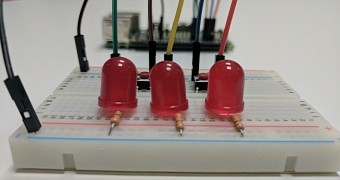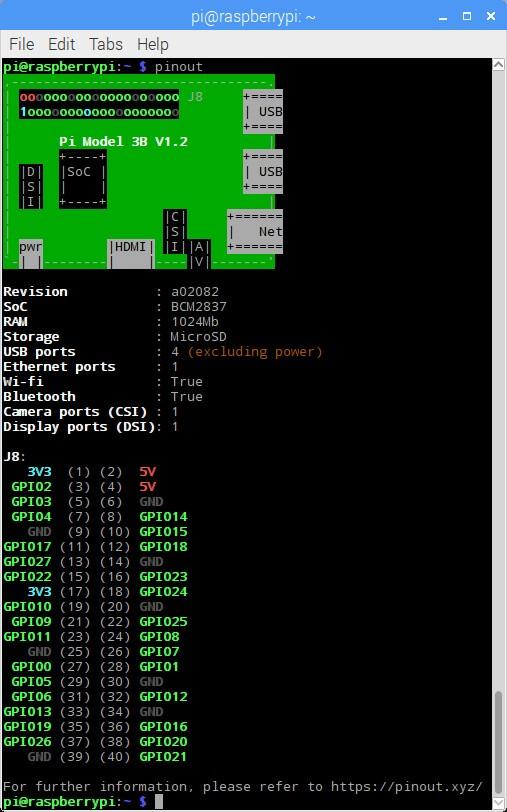Raspberry Pi Foundation recently updated the GPIO Zero API for Raspberry Pi single-board computers (SBCs) to version 1.4, implementing some new features and improvements.
GPIO Zero is a very handful API (Application Programming Interface) that helps developers and device manufacturers to easily control GPIO-connected devices in the Python programming language, and the 1.4 release is now available for all Raspbian OS users with a bunch of goodies.
First off, there's now a handy "pinout" command-line tool included in the GPIO Zero API, which promises to make it easier for you to try out different programming styles so you can write more complex code and improve as a programmer, along with your coding skills, of course.
We’ve made it simple to progress along the learning curve towards more advanced programming techniques," said Ben Nuttall, Raspberry Pi Community Manager. "For example, if you want to make a push button control an LED, the easiest way to do this is via procedural programming using a "while" loop."
New Python library let you remotely control things on the Raspberry Pi
There's also a new Python library called "Blue Dot," created by Martin O’Hanlon, which promises to let you remotely control things on the Raspberry Pi with nothing but your Android device. The API can be easily hooked up to GPIO devices, and it looks like it's very similar to GPIO Zero.
GPIO Zero now supports multiple low-level GPIO libraries, such as RPIO or pigpio, instead of the default RPi.GPIO one. The great thing about this is that, for example, the pigpio library allows for remote connections to either remotely control a Raspberry Pi's pins on the same network or the GPIO pins of another Raspberry Pi.
It turns out that you already have everything you need to remotely control the GPIO pins of your Raspberry Pi single-board computer if you're running the x86 Raspbian operating system on your personal computer, and you can also install a standalone version of GPIO Zero on your PC using the pip installer.
Raspbian OS users can start using this GPIO Zero 1.4 release as we speak if they update their installations right now using the "sudo apt update && sudo apt upgrade" command in a terminal emulator. Check out the blog article posted by Ben Nuttall to learn how to use GPIO Zero and improve your coding skills while hacking the Raspberry Pi.

 14 DAY TRIAL //
14 DAY TRIAL // 

